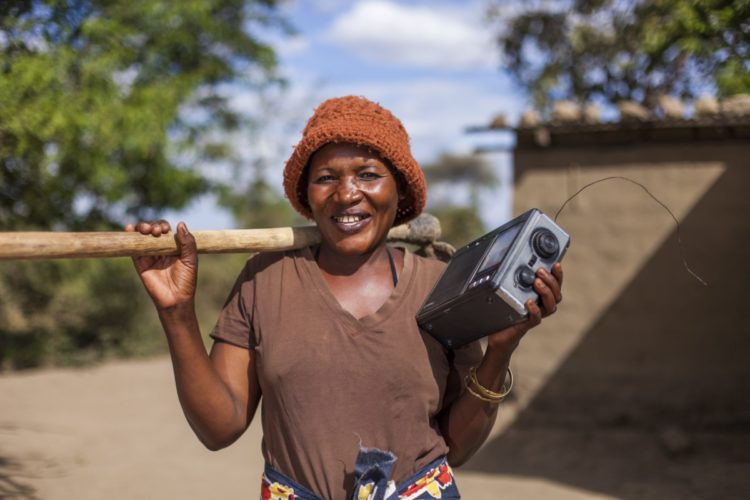Often, broadcasts are designed on the premise that listenership is uniform. However, the audience is diverse, and programmes, therefore, should be responsive to the different expectations of listeners.
Gender inequalities can arise in the professional practices with radio stations, whether during production process, programming, management, or in the choice of content and people interviewed.
Media should put in place mechanisms to ensure that the opinions of women and men, regardless of class, social status, and urban or rural location, have an equal opportunity to be heard.
In response, guidelines and a code of ethics have been developed in Tanzania to guide the implementation of a gender dimension in the media and inform methods for gender-sensitive language. The Media Council has developed a gender-sensitive code of regulation to guide practices within the media, media owners, publishers and media institutions.
The Food and Agriculture Organization of the United Nations (FAO) has developed guidelines for the production of gender-sensitive radio programs in Niger as part of the capitalization of good practices in support of agricultural production and food security. This guide aims to provide community and rural radio producers with the means to produce quality programs that systematically take into account the gender dimension and women in particular.
These documents are available and accessible in the “resources” section of the YenKasa Africa platform.
The Media Gender code of ethics can be accessed here: https://yenkasa.org/media-gender-code-of-ethics/?mc_cid=eb4cbaac75&mc_eid=50429fe5a0
Guidelines for the production of gender responsive radio broadcasts: https://www.fao.org/publications/card/en/c/4eab133d-f354-4f0d-afe0-2b7bb77a3061/
Photo: Kesia A. Kaaya listens to a radio farm program in her compound in Valeska village near Arusha on October 7, 2013. Credit: Farm Radio International.

